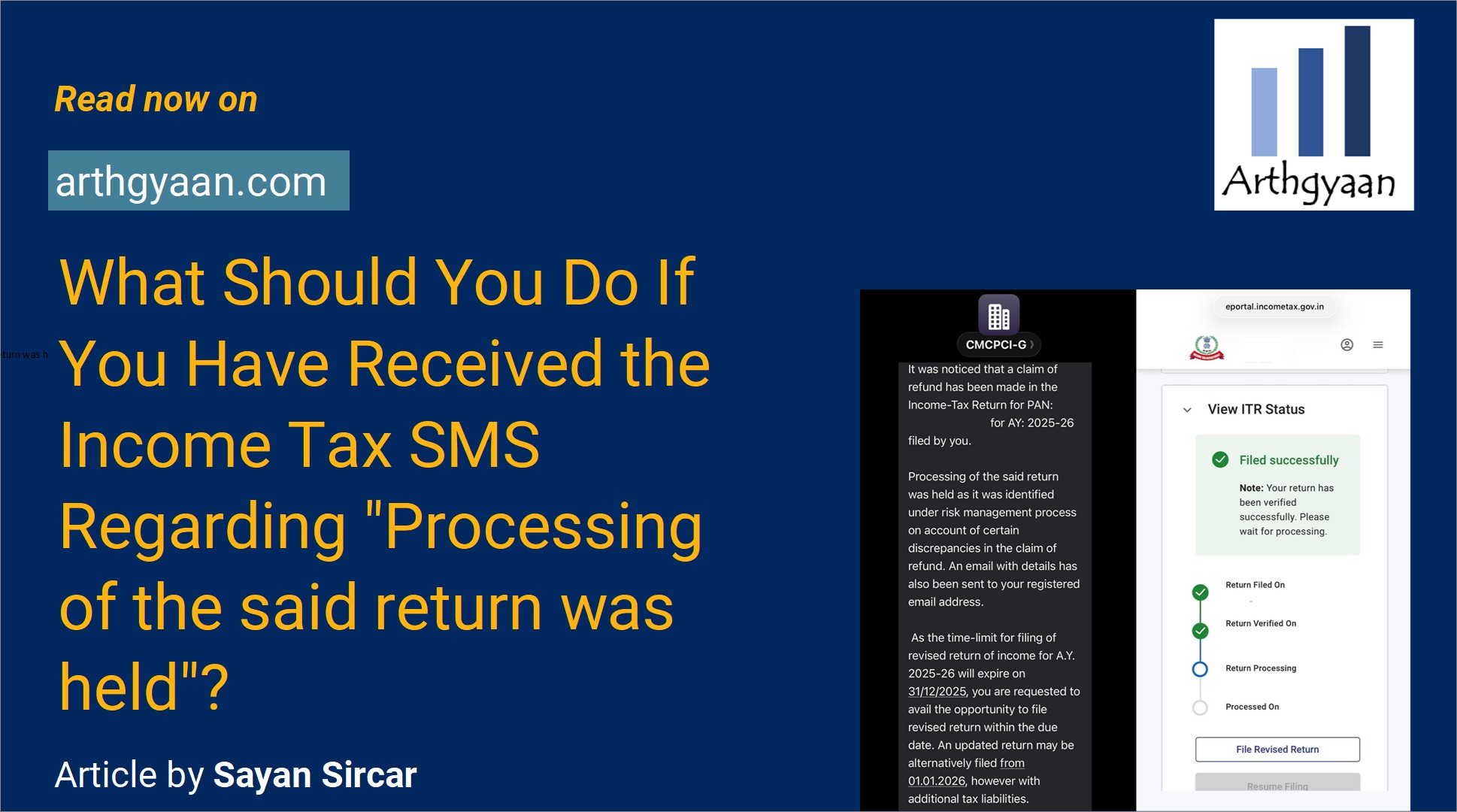Who should invest in the name of parents to save tax? Who should not?
This article discusses a common tax saving technique of investing in the name of parents to save tax. We also look at the pros and cons.
This article discusses a common tax saving technique of investing in the name of parents to save tax. We also look at the pros and cons.

This article is a part of our detailed article series on the concept of gifting assets and investing in the name of your relatives. Ensure you have read the other parts here:
This article explains the concept of income clubbing. It shows how tax saving by investing in the name of family members may not save tax.
This article tells you who all can receive gifts of cash, shares, property or any other assets from you without paying any gift tax.
This article covers the mechanics for NRIs to regularly send or make one-time large gifts of money to parents in India.
It is standard for children to invest in the name of their senior citizen parents. There are two reasons here:
There are of course other considerations like creating a safety net for the parents, especially the mother.
Two caveats exist here that may not lead to tax saving or even getting back the entire money:
Suppose a son gifts ₹5 lakhs to his mother to make an FD in her name solely to save tax. In that case, the FD interest might get clubbed with the son if the mother returns the entire FD plus interest to the son on maturity. This rule exists to prevent tax evasion.
Nominee is not the legal heir
Suppose a son, Amar, gifts ₹5 lakhs to his mother to make an FD in her name. This amount becomes the asset of the mother and may be claimed by the siblings of Amar in case of the death of the mother. Since nominees are not legal heirs, even if Amar is the nominee in the FD, it does not automatically mean that only Amar gets the money later. His siblings might make a claim.
The parents also have the option of using these assets for expenses, like say a trip or an unexpected medical situation, for a sibling or anyone else for that matter.
🇺🇸 FATCA explainer:
Along with FATCA, tax on global income (is the asset gifted to the parent considered your asset?) and presence of Double Taxation Avoidance Agreement (DTAA) are also important considerations in case you are planning to send money to India for investment.
Investing in Indian mutual funds by gifting money to parents in India makes things easy from both FATCA perspective as well as loss of returns due to PFIC rules. However, US tax laws require understanding and study in detail.
The United States levies tax on its citizens and residents on their worldwide income - PwC.com
There are two considerations here:
These limits on tax-free gifting as well as FATCA does not exist for non-US NRIs. However, such NRIs should carefully consider if they are liable, as per the laws of their country of residence.

Published: 23 December 2025
6 MIN READ

Published: 18 December 2025
8 MIN READ
1. Email me with any questions.
2. Use our goal-based investing template to prepare a financial plan for yourself.Don't forget to share this article on WhatsApp or Twitter or post this to Facebook.
Discuss this post with us via Facebook or get regular bite-sized updates on Twitter.
More posts...Disclaimer: Content on this site is for educational purpose only and is not financial advice. Nothing on this site should be construed as an offer or recommendation to buy/sell any financial product or service. Please consult a registered investment advisor before making any investments.
This post titled Who should invest in the name of parents to save tax? Who should not? first appeared on 15 Nov 2023 at https://arthgyaan.com
Copyright © 2021-2025 Arthgyaan.com. All rights reserved.